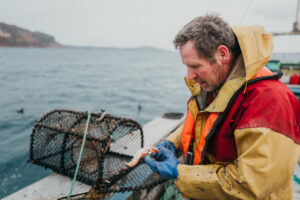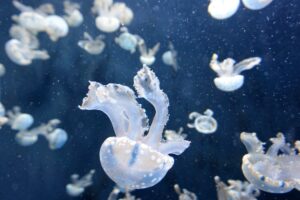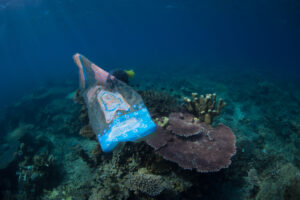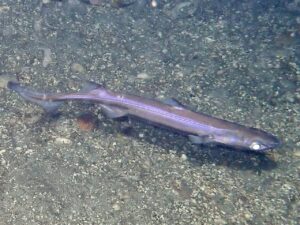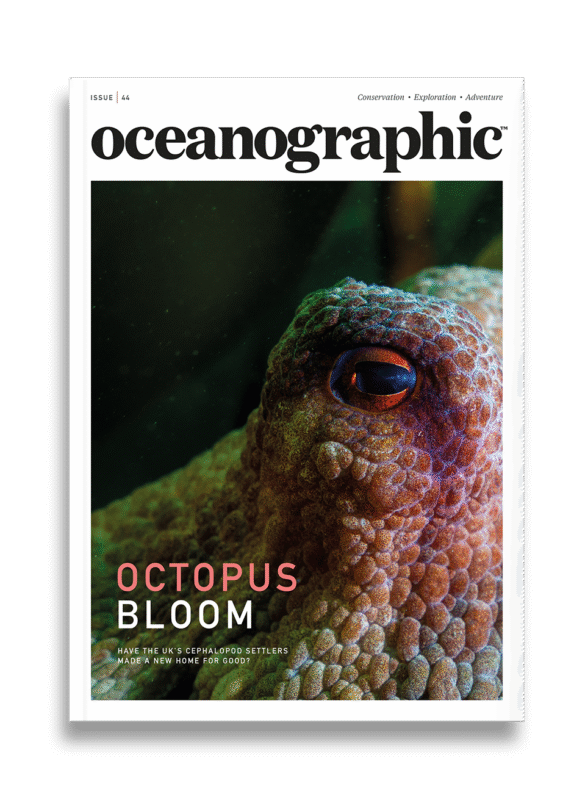Maldives' gulper shark fishery plan faces "overwhelming backlash"
Plans to reopen the gulper shark fishery are at extreme odds with the country’s reputation as a ‘sanctuary for sharks.’ The Maldives is - currently - one of only 17 shark sanctuaries around the world, having banned all shark fishing in 2010.
Ocean conservationists are fighting in unison with local organisations across the Maldives to maintain the protection of an endangered species of deep-water shark after threats surfaced that the local government had plans to reopen the domestic gulper shark fishery.
The latest developments around the reopening of the fishery are somewhat at odds with the country’s reputations as a ‘sanctuary for sharks.’ The Maldives is – currently – one of only 17 shark sanctuaries around the world, having banned all shark fishing in 2010.
Earlier this year, however, the Maldivian government suggested that it would be reopening the gulper shark fishery by November this year. If reopened, it would strip the Maldives of its internationally recognised ‘shark sanctuary’ status.
The loss of deep-water sharks could also destabilise food webs and threaten other fisheries, ultimately impacting food security across the Maldives. Of the four gulper shark species historically targeted in the Maldives, three are listed as Endangered and one as Near Threatened according to the IUCN Red List.
Sharks are essential to healthy reefs and power a tourism industry worth far more than any potential gulper shark fishery. In fact, shark diving alone generates over $14.4 million in direct revenue each year, with local businesses benefiting from a further $51.4 million.
The planned move to reopen the gulper shark fishery has faced overwhelming push back from Maldivians and local organisations alike. Commissioned by the ocean conservation charity, Blue Marine Foundation – in partnership with Maldives Resilient Reefs and Miyaru Shark Programme – a recent poll reveals that more than three-quarters of Maldivians fear reopening the fishery will damage both the marine environment and the economy.
A further three in five (61%) are aware that the Maldives is one of just 17 shark sanctuaries in the world, indicating that environmental stewardship is high among the population. Local communities (28%), the national government (26%), and the tourism industry (26%) are considered by locals to be prime stewards of shark conservation in the country.
The Maldivian government is now facing pressure to show leadership and uphold the country’ reputation as a “global conservation pioneer”.
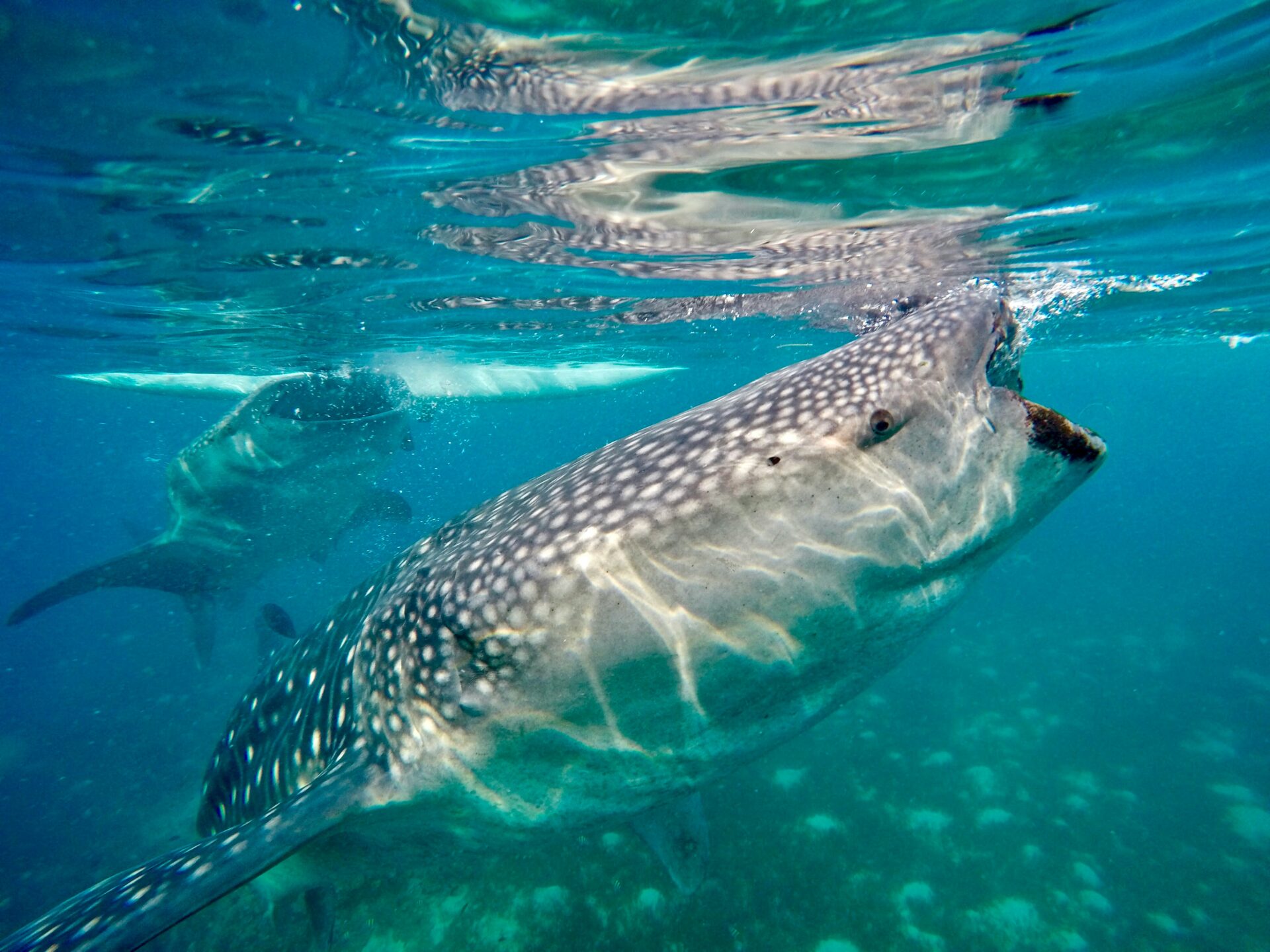
Shaha Hashim, executive director of Maldives Resilient Reefs, said: “The Maldives’ shark sanctuary is one of the country’s greatest conservation achievements, recognised worldwide. Reopening gulper shark fishing puts our marine ecosystems, our economy, and our global reputation at risk. The government has a critical role to play in safeguarding this legacy – the science is clear: gulper shark populations cannot withstand fishing pressure and their loss would have devastating ripple effects.”
Gulper sharks are among the ocean’s most vulnerable species: they grow slowly and collapse rapidly under fishing pressure. Other species capable of diving beyond 1,000 metres in depth – including tiger sharks, hammerhead sharks, and thresher sharks – would also be at risk as bycatch from the deepwater longlining used to target gulpers.
Globally, gulper shark fisheries collapse within years of opening. In the Maldives, populations fell by 97% between 1982 and 2002 and the fishery collapsed in less than a decade.
“Legalising gulper shark fishing would erase decades of conservation progress in a single stroke and put all deep-diving sharks and rays of bycatch, including many of the species at the heart of the local wildlife tourism industry,” said Ahmed Mohamed, co-owner of Oceanic Nomad Divers and a Member of the Miyaru Shark Programme.
Maldives Resilient Reefs, Miyaru, and Blue Marine Foundation are now calling on the government to maintain the sanctuary, in line with its international commitments under the Convention on International Trade in Endangered Species of Wild Fauna and Flora (CITES).
The international community can help stop plans to reopen the gulper shark fishery in the Maldives by signing the OnlyOne petition.
Dr Judith Brown, Blue Marine Foundation’s project director, said: “The Maldives has been a beacon of shark conservation for more than a decade. It would be a tragedy to see this progress undone. Protecting sharks is the best path for the Maldives, for biodiversity, for tourism, and for future generations.”


"*" indicates required fields
Printed editions
Current issue
Back issues

Back Issues
Issue 43 Sir David Attenborough’s ‘Ocean’

Back Issues
Issue 41 Holdfast to the canopy
Enjoy so much more from Oceanographic Magazine by becoming a subscriber.
A range of subscription options are available.


